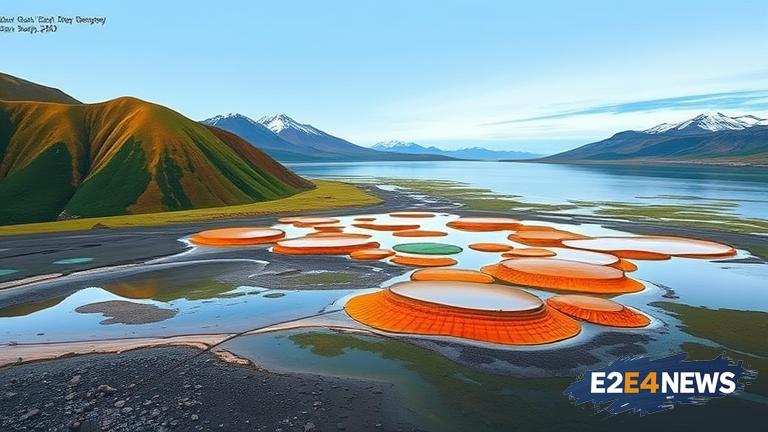New Zealand’s Minister for Regional Economic Development, Shane Jones, has announced a comprehensive plan to double the country’s geothermal energy production by 2040. This initiative aims to reduce the nation’s dependence on fossil fuels, mitigate climate change, and promote sustainable economic growth. Geothermal energy, a renewable and clean source of power, is poised to play a vital role in New Zealand’s transition to a low-carbon economy. The plan, which has been in development for several years, involves increasing geothermal energy production from its current level of around 900 megawatts to 1800 megawatts over the next two decades. This ambitious target is expected to be achieved through a combination of government investment, private sector partnerships, and technological innovation. The government has committed to providing funding for research and development, as well as for the construction of new geothermal power plants. Additionally, the plan includes measures to improve the efficiency and productivity of existing geothermal facilities, reducing costs and increasing output. The expansion of geothermal energy production is expected to create new job opportunities, stimulate local economies, and contribute to the country’s economic growth. Furthermore, the plan aligns with New Zealand’s commitment to reducing greenhouse gas emissions and meeting its obligations under the Paris Agreement. The geothermal energy sector is expected to play a critical role in helping the country achieve its goal of becoming carbon neutral by 2050. The plan has been welcomed by industry leaders, who believe that it will provide a much-needed boost to the sector and help to unlock its full potential. However, some experts have raised concerns about the potential environmental impacts of large-scale geothermal energy production, including the risk of induced seismicity and the potential for groundwater contamination. To address these concerns, the government has committed to implementing robust environmental safeguards and monitoring systems. The plan also includes measures to engage with local communities and ensure that they are involved in the decision-making process. Overall, the plan to double geothermal energy production by 2040 is a significant step towards a more sustainable and environmentally friendly energy future for New Zealand. It is expected to have far-reaching benefits for the economy, the environment, and local communities. As the country continues to transition towards a low-carbon economy, the geothermal energy sector is poised to play an increasingly important role. With its abundant geothermal resources and commitment to renewable energy, New Zealand is well-placed to become a leader in the global transition to a more sustainable energy future. The plan is a testament to the government’s commitment to reducing greenhouse gas emissions and promoting sustainable economic growth. It is expected to have a positive impact on the environment, the economy, and local communities, and to help New Zealand achieve its goal of becoming a low-carbon economy. The geothermal energy sector is expected to continue to grow and evolve in the coming years, driven by advances in technology and increasing demand for renewable energy. As the sector continues to expand, it is likely to create new opportunities for investment, innovation, and job creation. The plan to double geothermal energy production by 2040 is a significant step towards a more sustainable energy future, and it is expected to have a lasting impact on the environment, the economy, and local communities.
